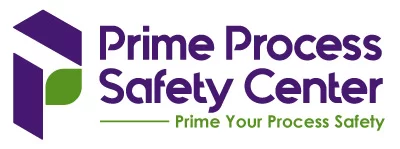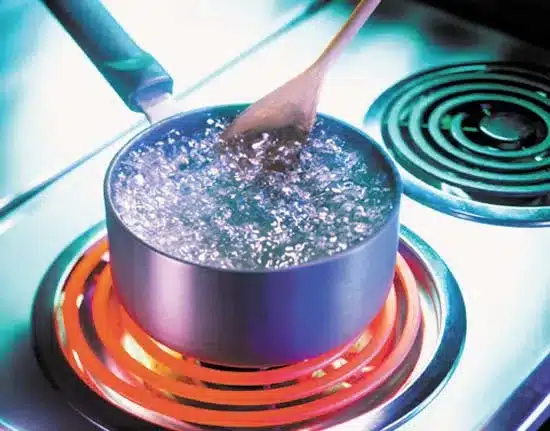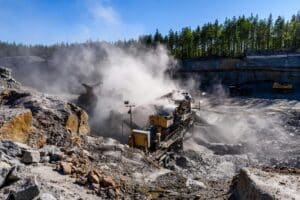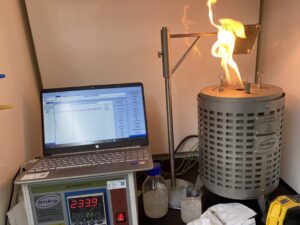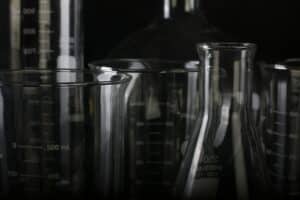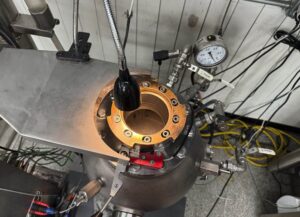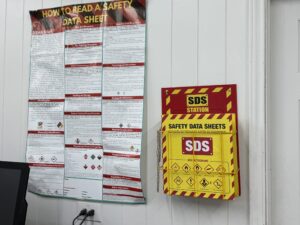We also offer
What is Boiling Point Test
The boiling point is the temperature at which the vapor pressure of a liquid equals the atmospheric pressure or the pressure applied in the system, resulting in bubble formation within the liquid.
Boiling point determination is essential for identifying and characterizing substances, as each compound has a unique boiling point. This test aids in:
-
Purity assessment
-
Substance identification
-
Process optimization
-
Understanding chemical properties
For pure substances, the boiling point is a precise temperature. For mixtures, the boiling point may exist as a range due to the presence of multiple components.
Boiling point data is crucial in industries such as pharmaceuticals, chemical manufacturing, food processing, and environmental analysis. It supports product quality control, formulation, and separation techniques like distillation.
At Prime Process Safety Center, our automated boiling point apparatus provides the boiling point of single-phase liquids, solids, and multi-phase mixtures up to 500ᣞC, delivering results quickly and accurately.
When to Perform Boiling Point Test
The boiling point test is recommended when product consistency and purity are critical, helping identify variations or impurities in substances.
It is particularly useful for:
-
Unknown substances: Assists in identification and characterization by comparing boiling points to known references.
-
Process design and optimization: Supports setting appropriate temperature ranges for reactions, separations, and distillation.
-
Regulatory compliance: Ensures adherence to safety, environmental, and quality standards that specify boiling point requirements.
Conducting boiling point tests ensures reliable data for safe, efficient, and compliant operations in research and production.
Why Choose Prime Process Safety Center
Prime Process Safety Center is a leader in process safety testing, staffed with highly experienced laboratory personnel. Our goal is to provide accurate, reliable, and defensible data that meets industry and regulatory standards.
At Prime Process Safety Center:
-
We are knowledgeable and experienced in performing boiling point tests, ensuring precise and reliable results.
-
Our state-of-the-art testing equipment delivers accurate and sensitive measurements for a wide range of substances.
- As an ISO/IEC 17025:2017 accredited laboratory, we follow rigorous quality and competency requirements for every test we perform.
-
Our team can interpret and analyze test data, providing insights and recommendations tailored to your specific application or research.
Partnering with us ensures that your boiling point testing is conducted to the highest standards, supporting product quality, regulatory compliance, and process safety.
FAQ
What is Boiling Point?
Answer: Boiling point refers to the temperature at which a substance changes from its liquid state to its gaseous state at a specific atmospheric pressure. It is a characteristic property unique to each substance.
How is Boiling Point Determined?
Answer: Boiling point is determined by heating a substance and measuring the temperature at which it changes phase from liquid to gas while maintaining constant pressure.
Why is Boiling Point Important?
Answer: Boiling point is crucial for identifying and characterizing substances, assessing purity, quality control in manufacturing, optimizing industrial processes, and complying with regulatory standards.
What Factors Influence Boiling Point?
Answer: Atmospheric pressure, molecular weight, intermolecular forces, purity, and structural composition significantly influence the boiling point of a substance.
What Are Some Real-world Applications of Boiling Point?
Answer: Boiling point has numerous applications, including in industries such as pharmaceuticals, chemicals, food production, environmental science, research and development, and quality control.

